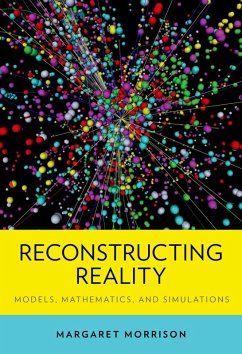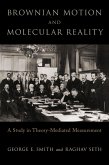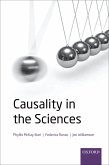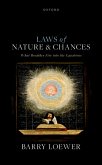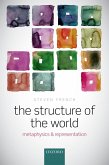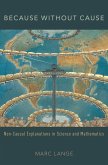Attempts to understand various aspects of the empirical world often rely on modelling processes that involve a reconstruction of systems under investigation. Typically the reconstruction uses mathematical frameworks like gauge theory and renormalization group methods, but more recently simulations also have become an indispensable tool for investigation. This book is a philosophical examination of techniques and assumptions related to modelling and simulation with the goal of showing how these abstract descriptions can contribute to our understanding of the physical world. Particular issues include the role of fictional models in science, how mathematical formalisms can yield physical information, and how we should approach the use of inconsistent models for specific types of systems. It also addresses the role of simulation, specifically the conditions under which simulation can be seen as a technique for measurement, replacing more traditional experimental approaches. Inherent worries about the legitimacy of simulation ?knowledge? are also addressed, including an analysis of verification and validation and the role of simulation data in the search for the Higgs boson. In light of the significant role played by simulation in the Large Hadron Collider experiments, it is argued that the traditional distinction between simulation and experiment is no longer applicable in some contexts of modern science. Consequently, a re-evaluation of the way and extent to which simulation delivers empirical knowledge is required. ?This is a, lively, stimulating, and important book by one of the main scholars contributing to current topics and debates in our field. It will be a major resource for philosophers of science, their students, scientists interested in examining scientific practice, and the general scientifically literate public.?-Bas van Fraassen, Distinguished Professor of Philosophy, San Francisco State University
Dieser Download kann aus rechtlichen Gründen nur mit Rechnungsadresse in A, B, BG, CY, CZ, D, DK, EW, E, FIN, F, GR, HR, H, IRL, I, LT, L, LR, M, NL, PL, P, R, S, SLO, SK ausgeliefert werden.

